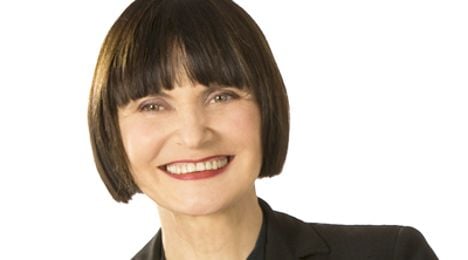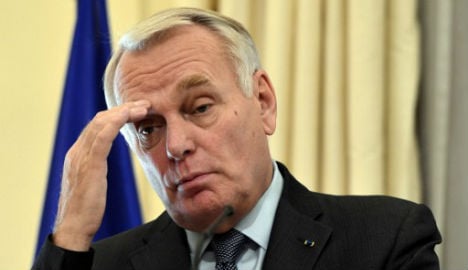Switzerland’s national press appraised Calmy-Rey’s years in office after she announced her plans on Wednesday to step down as president and foreign minister at the end of her term.
Newspapers noted the originality and strong will of the retiring minister, who was often criticized for an aggressive foreign policy.
Calmy-Rey was “largely immune” to “blazing criticism”, the NZZ newspaper wrote, adding that she “remained firm and at times pig-headed”. Nevertheless, her “occasional display of provocative individualism was not detrimental to her image.”
On the contrary, “the fact that she swam against the current” made her popular, according to NZZ.
With the departure of Calmy-Rey, the “era of the alpha beast” is coming to an end in the Swiss government, writes the NZZ. The newspaper also categorizes Swiss People’s Party leader Christoph Blocher and Pascal Couchepin of the Free Democratic Party as “belonging to this species”.
Calmy-Rey is the woman “who put Switzerland on the world map of international relations and put the world on Switzerland’s agenda”, according to Blick newspaper. “A stateswoman is leaving who will be missed by the country.”
Markus Somm, editor-in-chief of the Basler Zeitung (BaZ) and the author of a biography on Christoph Blocher, was more critical of Calmy-Rey’s legacy:
“She is leaving behind a ruined landscape, whose craters and scorched earth will be visible for years. Hardly any other president has done more to erode the place of Switzerland in the world or shatter the reputation of this country.”
Opinion at the Berner Zeitung (BZ) was more positive:
According to BZ, Calmy-Rey was the first Swiss foreign minister to be recognised for “taking diplomacy out of its secretive atmosphere behind closed doors” and “speaking undiplomatic plain language on occasion.”
However, BZ also writes that she “often went overboard with her inclination towards self-promotion and her over-interpretation of neutrality politics.”
After praising Calmy-Rey for strengthening the international position of Switzerland, media in French-speaking Switzerland also passed judgement:
“She had little feeling for strategic questions and therefore often neglected neighbouring countries. Berlin, Paris and Rome especially got a raw deal during Calmy-Rey’s nine years in office,” according to Geneva newspaper Le Temps.



 Please whitelist us to continue reading.
Please whitelist us to continue reading.
Member comments